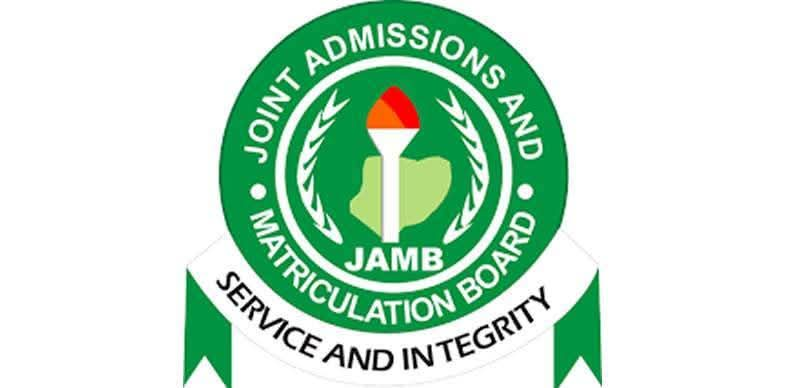Nigeria’s top national leaders and stakeholders gathered today at the National Conference on Girls’ Education and Empowerment, marking a significant step in the country’s efforts to break barriers to girls’ education.
The conference spotlighted the need for collaborative action in tackling the challenges that hinder educational access for girls across Nigeria.
In his address, Honourable Minister of Education, Dr. Tunji Alausa, underscored the transformative impact that traditional and religious leaders can have in advocating for girls’ education. He acknowledged their unique role as custodians of cultural and moral values, and stressed their importance in shaping the future of girls’ education.
Dr. Alausa also reaffirmed President Bola Ahmed Tinubu’s commitment to education, which is central to his Renewed Hope Agenda. He highlighted key initiatives, such as the National Education Sector Renewal Initiative (NESRI) and the Adolescent Girls Initiative for Learning and Empowerment (AGILE) Project, which aim to reduce the out-of-school population and empower girls for brighter futures.
Prof. Suwaiba Sa’id Ahmed, Honourable Minister of State for Education, welcomed conference participants and emphasized that education is a fundamental human right. She called for actionable strategies to overcome persistent barriers to education and ensure that every girl has access to quality learning.
The conference saw a powerful statement from His Eminence, Sultan Muhammad Sa’ad Abubakar III, who stressed the need for accountability and action on resolutions from previous conferences. He urged stakeholders to move beyond discussions and deliver tangible results for girls’ education.
Taimur Samad, Deputy Country Director of the World Bank, highlighted the progress of the AGILE project, which has already benefited over 4 million children, including 2.2 million girls. He commended traditional leaders for their role in advancing these efforts, recognizing their ability to bridge gaps and bring about meaningful change in communities.
The Emir of Argungu, HRH Samaila Muhammad Mera, presented emerging issues from Nigeria’s Northern geopolitical zones, where challenges like socio-cultural norms and security concerns continue to restrict access to education for many girls.
The conference concluded with a consensual call for collaboration among traditional and religious leaders, government agencies, NGOs, and development partners. Stakeholders reaffirmed their collective commitment to transforming girls’ education and empowering communities to create lasting, impactful change.












